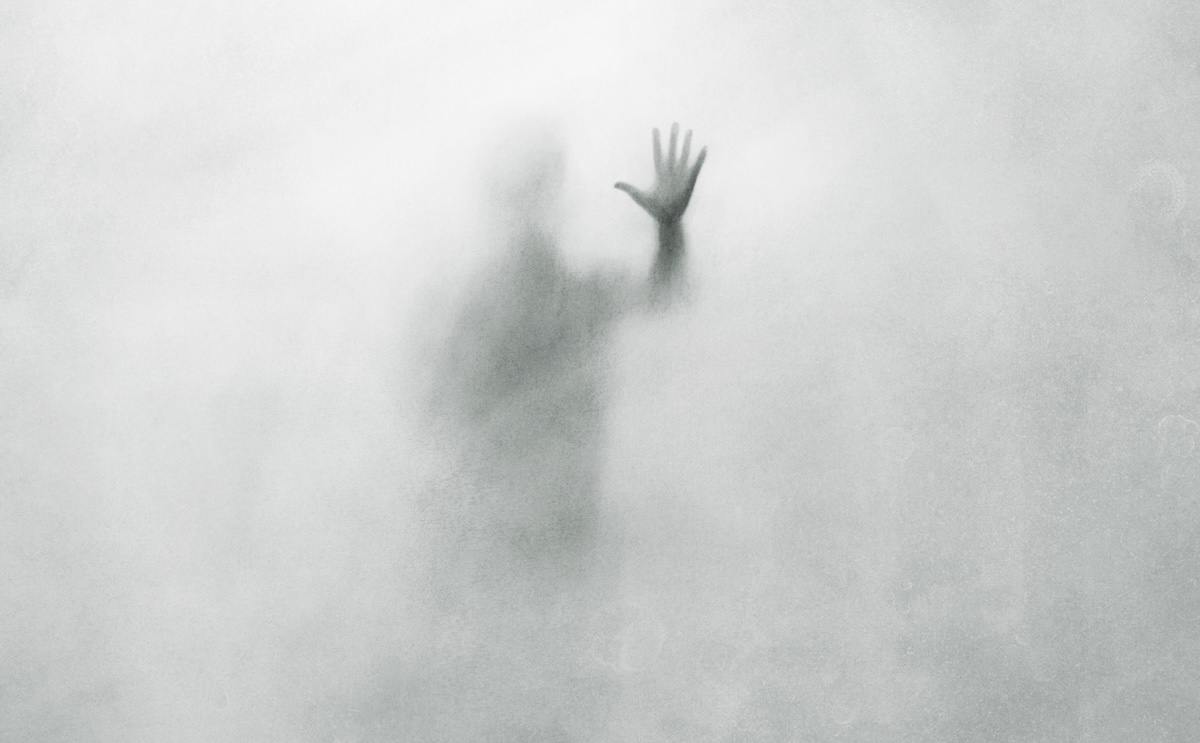June is Men’s Mental Health Awareness Month in Canada and the United States. There is also Men’s Mental Health Awareness Day on June 10, and Father’s Day is celebrated on the third Sunday of June in many countries.
In light of this special attention on men’s mental health this month, we wanted to explore some of the unique challenges men face in their mental health journeys, the stigma around men seeking help, the dangers of social isolation, and the benefits of companionship.
We want to acknowledge that the focus of this post is on fatherhood and that there are many difficult, painful experiences related to fertility, pregnancy and infant loss, and adoption that many men experience, which are not addressed here.
Content Note:
This post is not graphic, but contains a description of becoming a new parent. It also contains a brief, unspecific reference to the pain and heartbreak of a fertility journey. Please take a moment to check in with yourself about whether you feel ready to engage with it.
I became a dad last year. From the moment that I first saw my son, I felt an overwhelming flood of love and a deep sense of responsibility. Before me was this little human being who depended on my wife and me for everything. Prior to becoming a dad, I was a spouse, a brother, a son, and a friend. On top of those titles, I now added the new role of father, and all the titles that come with it: provider, protector, role model, teacher, caregiver, emotional regulator, and spiritual guide. My little boy needed me to be all those things for him, and more.
I was still a friend, a brother, a son, and a spouse, but my focus had narrowed on being a father. That little boy needed me, and for a time those other relationships moved lower on my priority list. My life revolved around my son and his needs.
He couldn’t feed himself or change his own diaper. He looked to me for everything, from learning how to move and play to building the rhythms of sleep. The attention my partner and I gave him was the foundation of healthy attachment and a critical part of his development. In other words, this was so good. His need for my attention, his physical dependence on me, and the sense of safety and smiles I could give him were (and are) a joy. It’s a privilege to grow into the role of father, and it’s one I wouldn’t trade for anything in the world.
Becoming a dad also came with sleepless nights, anxious thoughts, and worries about the dangers around every corner—both in the moment and in the future. And slowly, I began to realize there were other costs too.
Focused on the good goal of caring for my son, I began to notice that the narrowing of relationships and roles had moved from temporary to normal over time. Text messages went unread, calls grew less frequent, and outings that didn’t include a diaper bag and planning around sleep schedules became almost non-existent. I could go a week without finding time to really connect with my wife; we were becoming like ships passing in the bleary, sometimes sleepless nights. It became easy to ignore a text, or bail on an outing with a friend, and slowly I stopped reaching out to anyone.
And then that joy I experienced earlier felt different, faded. I still adored my son and the little moments when he smiled or reached a new milestone, but other things no longer had the same shine. I found myself endlessly scrolling on my phone or spending my moments alone watching TV. The vibrancy of life that I felt in the early days of my son’s life were gone, replaced by a dull greyness that settled like dust.
Now it’s important to note that my day job is as a psychotherapist. I am directly aware of the challenges that men face, particularly when they undergo such drastic life changes, and what it means for mental health. I know the warning signs to look for in a friend, and the potential risks of isolation during big changes. Still, despite this knowledge, I found myself struggling with early-stage depression. Furthermore, I had self-isolated and removed myself from my support system of friends and family.
Building a social support system is one of the most significant protective factors I encourage my clients to develop as they navigate the challenges of life. Yet this knowledge did not mitigate the slow isolation I steadily walked into, and I became unable to see the warning signs of depression and mental health challenges that I am able to identify immediately in clients or friends around me.
I wasn’t alone though. A friend of mine reached out, invited me to watch a Leafs game, and offered to drive over an hour to meet me. While I appreciated his offer, I was afraid of sharing honestly with him. He and his partner had been on a journey of trying to become parents themselves, one that had heartbreak, struggle, and pain in it, and I did not think I could share with him about the struggles of early fatherhood. Yet he asked, he listened, and he spent time with me. He did not try to fix or problem-solve; he was simply with me in friendship.
While the night ended in the usual inevitable Leafs disappointment, it was such a gift to me. My friend offered support simply by being with me. Through his willing presence, he reminded me that we can’t face life alone. He did not rebuke me for sharing my struggles or act like they were invalid because of his own.
In Ecclesiastes 4:9-12 there is a simple but profound truth that I knew as a therapist but forgot as Josh-the-person:
Two are better than one because they have a good reward for their toil. For if they fall, one will lift up the other, but woe to one who is alone and falls and does not have another to help. Again, if two lie together, they keep warm, but how can one keep warm alone? And though one might prevail against another, two will withstand one. A threefold cord is not quickly broken. (NRSVUE)
Social isolation is such an easy place to find ourselves. There are many paths to it as we try to meet all the responsibilities and roles we find ourselves holding as men. We can have a hard time knowing how to share about the struggles we’re facing and even find reasons to keep our struggles to ourselves, resolving to face them alone. Your story might not be the same as mine: it might include pain and hardship that I can’t understand. But I know that holding it in is a danger that will only make that pain harder to hold.
Friendship matters. Good friends can remind us that we belong, that we’re not alone, and that we matter. Friendship provides us additional strength to hold us up through the challenges of life and can do so when we feel like we don’t have the strength to endure them alone. It can help provide early intervention for the things we ourselves can’t or won’t see and provide support when we do face them. A good friend can see us in the moments when we need to be seen the most.*
Friendship is a gift from the Lord and also a protective factor in our mental health. We might cognitively understand that we are seen and known by Jesus and given strength, but sometimes connecting that knowledge to our day-to-day experiences can be a challenge. Friendship can be an incarnational act of becoming the hands and feet of Jesus to others in their need. It is an expression of how we are seen, known, and loved by God. Hopefully my story can be a small reminder of that.
*Friendship is by no means a replacement for professional help. Friendship and social support are components of an effective support system. In the same way we understand that a friend cannot provide the medical care we would need for a broken leg, we may also require the professional support of a clinical care provider when our mental health is languishing. We can certainly recognize the need for professional support in our lives, but a friend can provide different kinds of support, including knowing us well enough to notice warning signs in areas or stages of our life where we might have missed them.
Blog post cover photo by Dương Nhân
Joshua Reinders

Josh Reinders is a Registered Psychotherapist (Qualifying), and wedding photographer in Kitchener-Waterloo. Previously working in youth ministry, he now works with children and youth in private practice clinical counselling. He continues to study and learn about the interaction between faith and mental health, particularly as it relates to childhood development. He enjoys reading about faith, politics and sci-fi/fantasy (though strangely, he’s yet to find a book that includes all three), usually with a good cup of coffee nearby. He lives on a farm with his wife Melodie, and their son.








